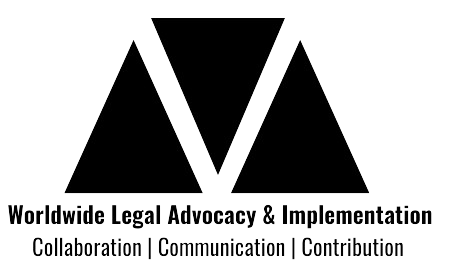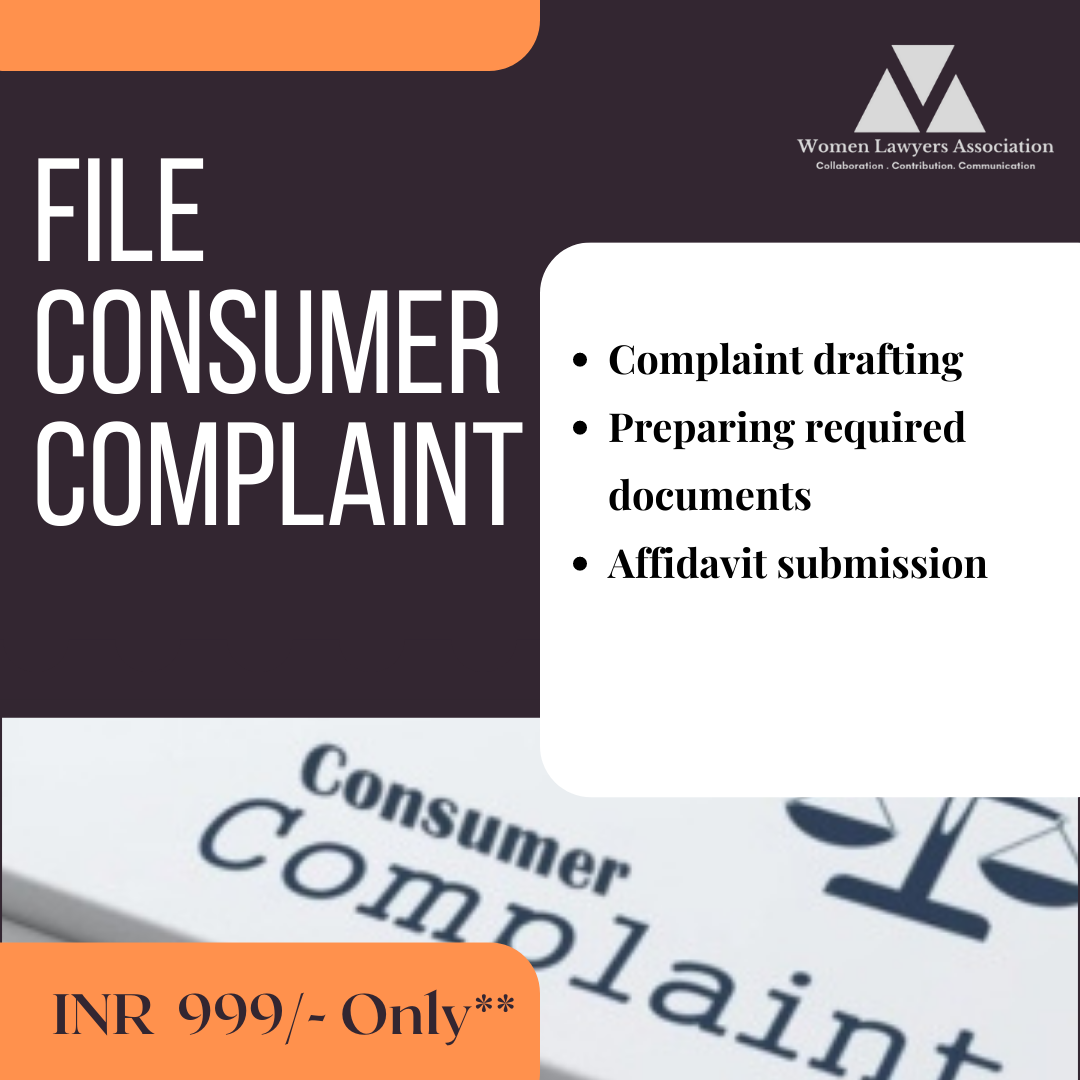Subtotal: ₹ 0
Legal research writing plays a crucial role in shaping arguments, influencing judicial decisions, and presenting a lawyer's understanding of the law. Crafting precise and persuasive legal documents is an essential skill for legal professionals, requiring attention to detail, structure, and clarity. Here are some key considerations for effective legal research writing:
1. Understand the Objective
Before starting, it’s essential to understand the purpose of your legal document. Whether you're drafting a memorandum, legal brief, or research paper, clearly define the objective. Are you informing, persuading, or analyzing? The tone and structure of the document will depend on the answer to this question.
2. Thorough Research
Legal writing rests on accurate and comprehensive research. Always base your arguments on authoritative sources, including statutes, case laws, legal precedents, and scholarly articles. Proper research provides the backbone for your analysis and ensures your work is grounded in legal principles.
3. Use a Clear Structure
Organize your document in a logical, easy-to-follow format. Most legal research writing follows a basic structure:
- Introduction: Outline the issue or question at hand.
- Body: Present your analysis, broken down into specific arguments or points.
- Conclusion: Summarize your findings or the position you're advocating.
Many legal documents employ the IRAC method (Issue, Rule, Application, Conclusion), a reliable framework that ensures clarity.
4. Precision in Language
Legal writing demands precision. Use clear, concise language to avoid ambiguity. Avoid overly complex jargon or convoluted sentences. Precision also extends to citation; accurate references to legal sources are essential for maintaining credibility.
5. Persuasiveness
Persuasive writing is a critical skill, especially in argumentative legal documents like briefs. Build logical arguments supported by facts and precedents, addressing counterarguments where necessary. A balanced, well-supported argument is far more compelling than an overly emotional appeal.
6. Attention to Detail
Every legal document must be meticulously proofread. Spelling errors, incorrect citations, or factual mistakes can undermine your credibility and weaken your argument. Ensure consistency in formatting, citations, and adherence to any required guidelines.
By adhering to these principles, legal professionals can create documents that are not only well-researched and precise but also persuasive and impactful, helping to advocate effectively for their clients or present thorough legal analysis.











Brooklyn Simmons
Your sport blog is simply fantastic! The in-depth analysis, engaging writing style, and up-to-date coverage of various sports events make it a must-visit for any sports enthusiast.
Marvin McKinney
Whether it's breaking news, expert opinions, or inspiring athlete profiles, your blog delivers a winning combination of excitement and information that keeps.
Ronald Richards
The way you seamlessly blend statistical insights with compelling storytelling creates an immersive and captivating reading experience. Whether it's the latest match updates, behind-the-scenes glimpses.